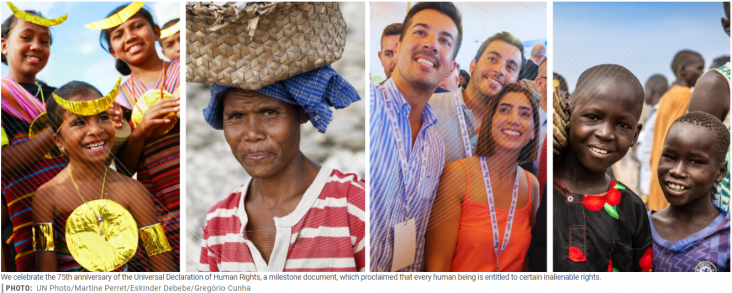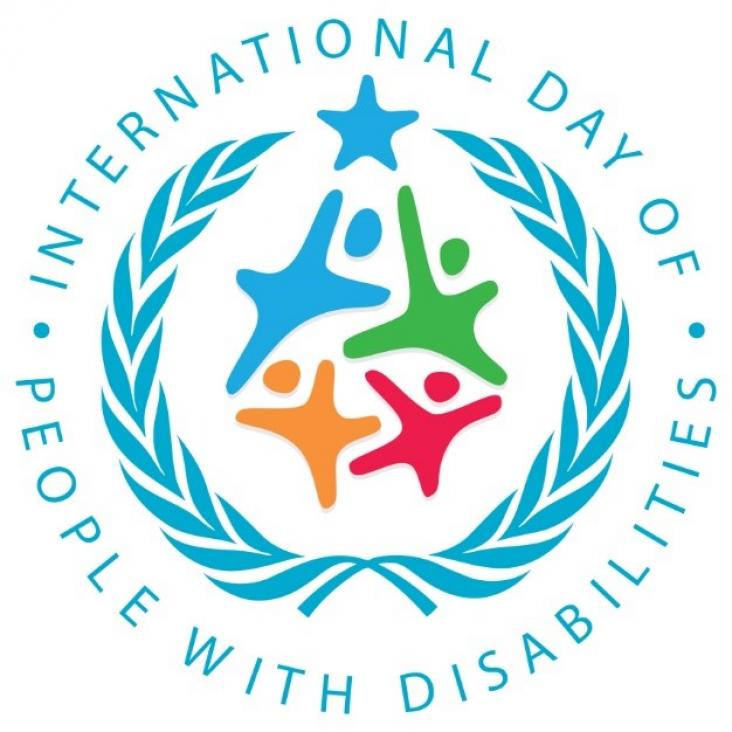This Series paper supports SDGs 3 and 10 by describing health-care coverage and quality across the four countries, quantifying inequalities in these outcomes by socioeconomic status within country, and assessing the contribution of government, social security, and private health sectors to observed inequality.
The researchers examined the use of footwear that incorporates force-sensing resistor sensors to classify lower limb disorders affecting the knee, hip, and ankle joints. The outcomes of the study reveal promising findings for future gait analysis and injury diagnosis, and the potential of force-sensing resistors (FSRs) and machine learning techniques for improving the assessment of lower limb injuries, and thereby furthering SDG3.
This study indicates that among people with higher levels of disability, engaging in physical activity is linked to more effective stress coping through enhanced self-efficacy. However, this effect was not observed among people with low levels of disability.
Women interact with cancer in complex ways, as healthy individuals participating in cancer prevention, as patients, as health professionals, researchers, policymakers, and as unpaid caregivers. In all these domains, women often are subject to overlapping forms of discrimination, such as due to age, race, ethnicity and socio-economic status, that render them structurally marginalized. Women, power and cancer: A Lancet Commission recommends that sex and gender be included in all cancer-related policies and guidelines, making these responsive to the needs and aspirations of women in all their diversities. It identifies ten priority actions stakeholder groups can take towards lasting and impactful change.
In this Viewpoint, an international panel of clinicians, scientists, and community members with lived experiences of autism reviewed the challenges in identifying autism in individuals who are assigned female at birth and proposed clinical and research directions to promote the health, development, and wellbeing of these individuals.

10 December 2023 marks the 75th anniversary of one of the world's most groundbreaking global pledges: the Universal Declaration of Human Rights (UDHR).

Approximately 15 per cent of the world's population live with some form of disability and 80 per cent live in developing countries. This Special collection aims to highlight this important issue and hopefully provide measures towards an inclusive and supported environment for all irrespective of disability. All book chapters and journal articles are free to download and share.

Stella Chan's interest in psychology began when she went through a tough time as a teenager. The experience gave her a sense of direction: “I wanted to learn more about psychology and how feelings work...I hoped I could do something constructive about mental health.”
The study unveils a significant occurrence of sexual violence among recently arrived asylum-seeking women in France, especially notable among those who had previously experienced sexual violence. It underscores the heightened risk linked to the absence of support for accommodation.
Knowledge of biological diversity is a major source of innovation. Collective intellectual property of traditional knowledge by Indigenous peoples and local communities is an important source of innovation and product development. This article investigates collective intellectual property systems on the traditional knowledge of Aspalathus linearis, also known as rooibos—an endemic plant from South Africa which is the basis of an important herbal tea industry. The article discusses how collective action and self-organization can generate collective intellectual property systems; indigenous peoples and local communities can develop these systems to protect their IP; how these systems can promote social justice and a more equitable distribution of benefits but can be sources of dispute between socio-economic groups and communities and can reproduce historical inequalities and power asymmetries.
